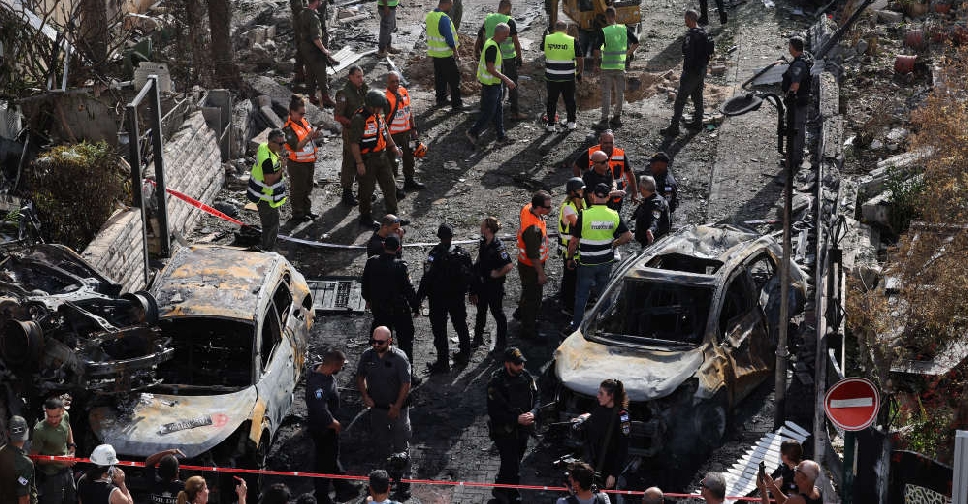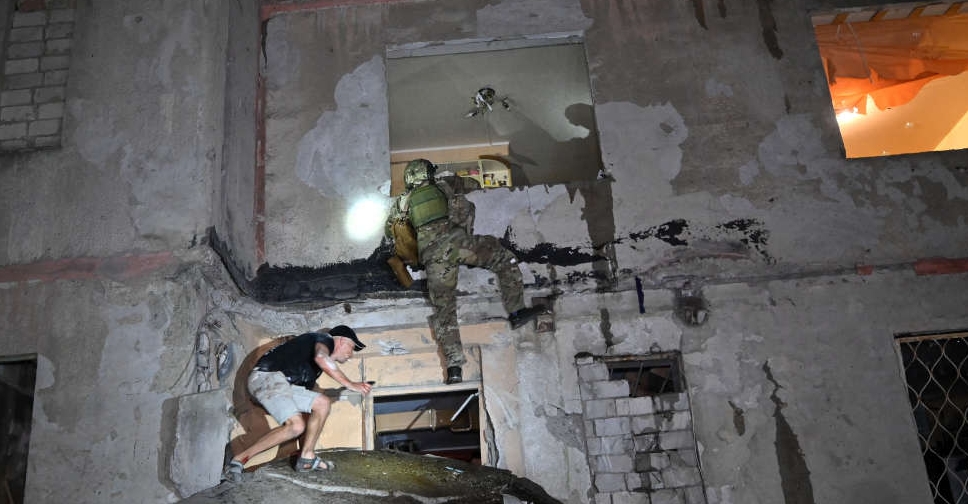
Sri Lanka's election commission formally announced on Sunday left-leaning Anura Kumara Dissanayaka the winner of the presidential election, defeating incumbent Ranil Wickremesinghe.
The commission said on its website that Dissanayaka, 55, won the presidency with 42.31 per cent of the vote at Saturday's election, pushing opposition leader Sajith Premadasa to second place and Wickremesinghe to a distant third.
Dissanayaka is due to be sworn in on Monday.
It was the first time in Sri Lanka's history that the presidential race was decided by a second round of counting after the top two candidates failed to win the mandatory 50 per cent of votes to be declared winner.
This was Sri Lanka's first election since the Indian Ocean nation's economy buckled in 2022 under a severe foreign exchange shortage, leaving it unable to pay for imports of essentials including fuel, medicine and cooking gas. Protests forced then-President Gotabaya Rajapaksa to flee and later resign.
"The election result clearly shows the uprising that we witnessed in 2022 is not over," said Pradeep Peiris, a political scientist at University of Colombo.
"People have voted in line with those aspirations to have different political practices and political institutions. AKD (as Dissanayake is known) reflects these aspirations and people have rallied around him."
Dissanayake, 55, presented himself as the candidate of change for those reeling under austerity measures linked to a $2.9 billion International Monetary Fund bailout, promising to dissolve parliament within 45 days of taking office for a fresh mandate for his policies in general elections.
He has worried investors with a manifesto pledging to slash taxes in the island nation, which could impact IMF fiscal targets, and a $25 billion debt rework. But during the campaign, he took a more conciliatory approach, saying any changes would be undertaken in consultation with the IMF and that he was committed to ensuring repayment of debt.
 Israeli strike kills seven in Gaza school compound
Israeli strike kills seven in Gaza school compound
 Four killed, dozens injured in Alabama mass shooting
Four killed, dozens injured in Alabama mass shooting
 At least 51 dead in Iran coal mine blast
At least 51 dead in Iran coal mine blast
 Hezbollah, Israel exchange heavy fire after deadly Israeli strike
Hezbollah, Israel exchange heavy fire after deadly Israeli strike
 Russian strike on apartment block in Kharkiv injures 21
Russian strike on apartment block in Kharkiv injures 21




